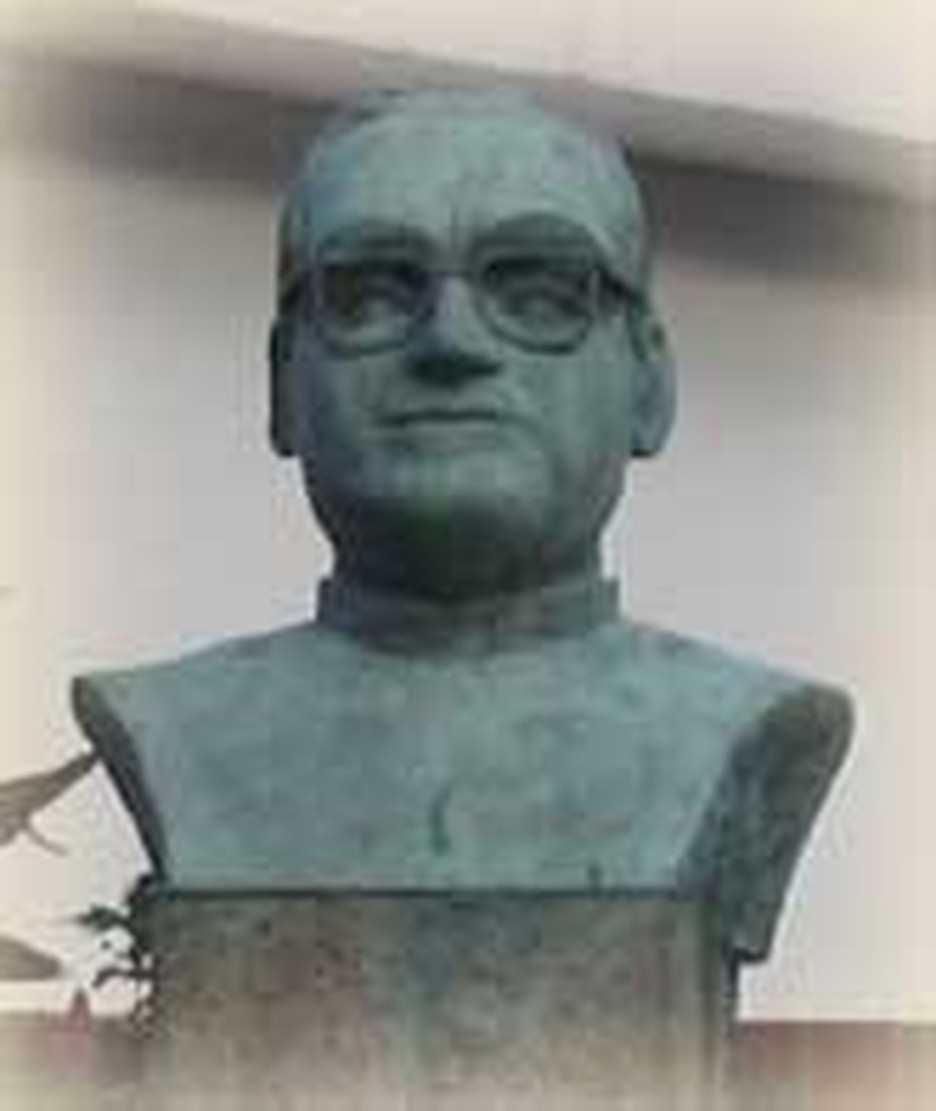
In 1979 Archbishop Oscar Arnulfo Romero was nominated for the Nobel Peace Prize. "An individual of unsurpassed courage and integrity, Archbishop Romero has not allowed government persecutors to frighten him into submission," wrote twenty three American Congressmen who joined in nominating the outspoken Archbishop for the award.
Since his appointment in 1977, Romero had regularly received threats from both the right and left wings of unhappy El Salvador. This was because he spoke out vigorously in behalf of the downtrodden in his nation. He denounced the assassinations and kidnappings so common in his country. Human rights must not be violated in the name of the government or the army he insisted.
Death was a very real possibility to Romero. Several other clergy had been killed in recent years. Among them was the Jesuit Rutilio Grande, murdered by government forces when he spoke out for social justice. An attempt to dynamite Romero was foiled. Even so, he refused government protection. "The Shepherd seeks protection not for himself, but for his flock." Other bishops accused him of supporting the Communists.
The toll of killings by both left and right neared 700 in the first three months of 1980 alone. Contributing to the violence were soldiers who killed poor farmers that tried to get land under the government's land reform program. On March 23, 1980 Romero spoke out against this. He urged soldiers to disobey orders which were against God's will. "I ask you, I pray you, I order you in the name of God to stop this oppression," he pleaded.
The violence did not stop. The next day, March 24, it claimed another victim. As the Archbishop lifted his chalice during mass at the Divine Providence Cancer Hospital, a single shot rang out. Romero fell, a bullet through his heart.
Six days later, 30,000 people jammed into the plaza and Metropolitan Cathedral for the Archbishop's funeral. Midway through the service gunfire erupted. Hundreds fell wounded and screaming as bombs and bullets ripped through the crowd. Forty died. International dignitaries were trapped in the church for hours as panic and horror seethed in the streets outside.
Romero was a brave pastor. He died as he had lived, a peacemaker, whispering, "Father, forgive them," as he breathed his last.
Bibliography:
- "Murder in the Chapel." MacLean's (April 7, 1980).
- Peerman, Dean. "El Salvadore's Fallen Hero." Christian Century (April 9, 1980) 398, 399.
- Sywulka, Stephen. "Romero's Death Undermines Evangelical Neutrality." Christianity Today. May 2, 1980.
- Various internet stories such as "Oscar Romero: Bishop of the Poor" (http://salt.claretianpubs.org/romero/romero.html) and www.saintbrigid.net/el/romerolife.html
Last updated May, 2007.


